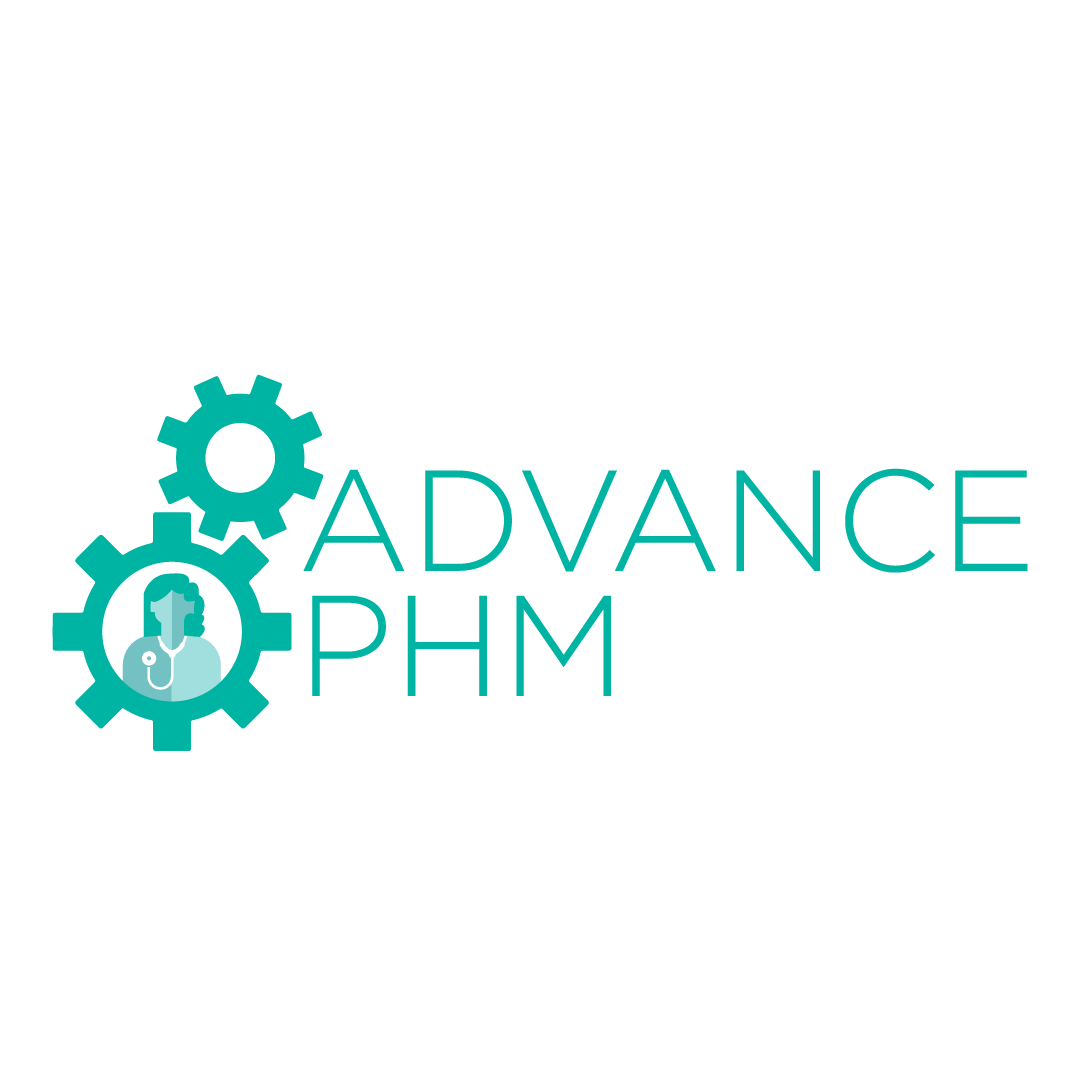Ben Kinnear, MD, MEd
Cincinnati Children’s Hospital Medical Center and University of Cincinnati Medical Center
Cincinnati, Ohio
June 21, 2021
As a Med-Peds hospitalist, I split my clinical time between three service lines: general internal medicine wards, general pediatric wards, and as a consultant on our Hospital Medicine Adult Care (HMAC) team. HMAC is a unique service line that provides internal medicine consultation services for adults who are admitted to our children’s hospital.
Much of my academic time is spent focusing on learner assessment in medical education. Multiple studies have shown gender bias in the ratings we give learners and the words we use to describe women (e.g. males are “strong, smart” and females are “kind, good communicators”). We see this a lot in residency letters of recommendation too. Ugh. I think it’s important to recognize this behavior and work to enact change. Give feedback to assessors and letter writers directly. Include assessment gender bias in faculty development programs. Reflect regularly on the language you use in assessments and letters.
I have been part of some scholarly work led by a colleague who is an incredible female leader (@DEWeber_MDMEd) that aims to understand gender bias in entrustment ratings used in learner assessment. Since we know people can never be fully de-biased, the eventual goal would be to see if we can account for gender bias using learning analytics to make observational assessments more equitable.
Fitz’s Cardinal Cream soda. It’s not available in Cincinnati, but my family and I always imbibe when in St. Louis to visit family.

